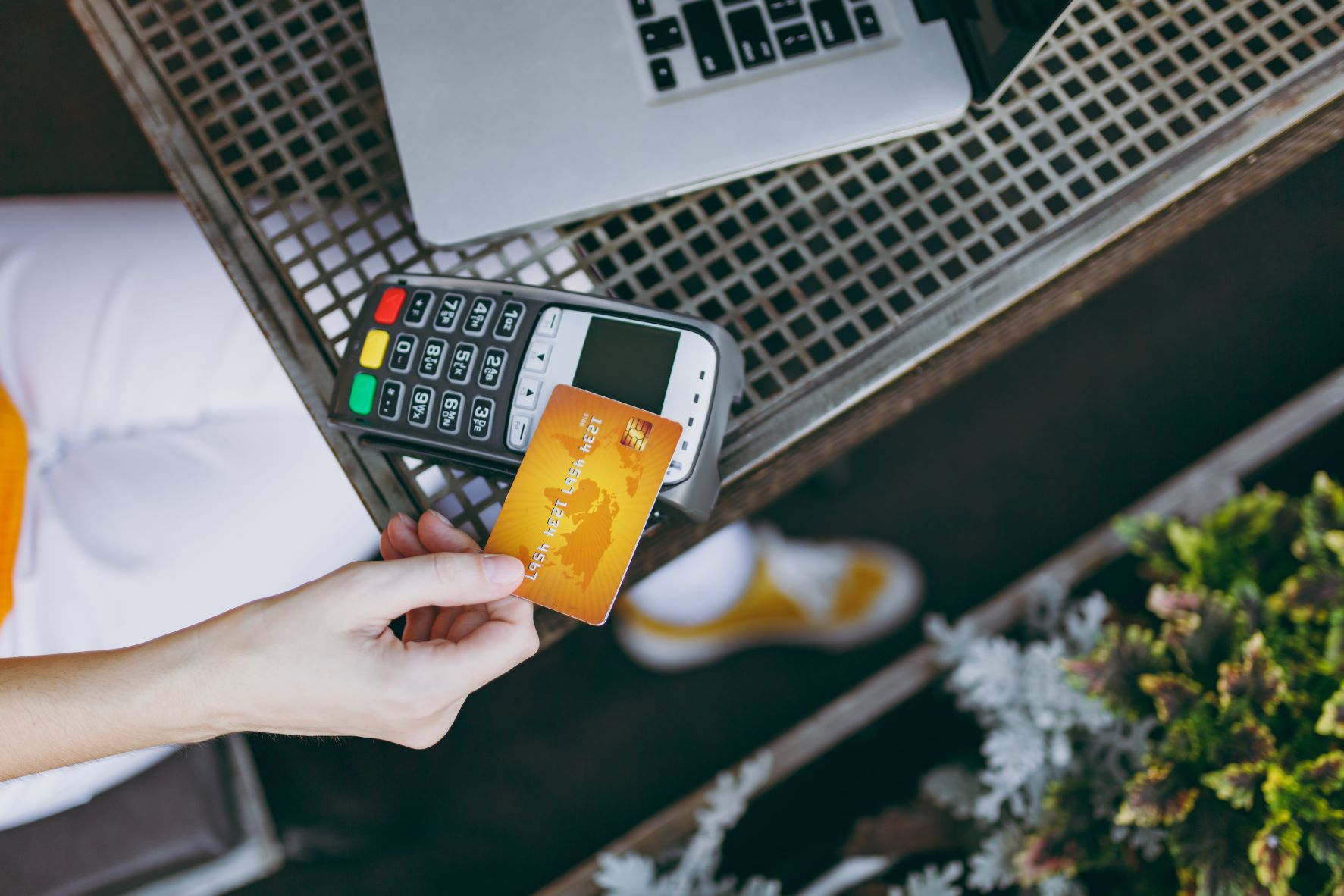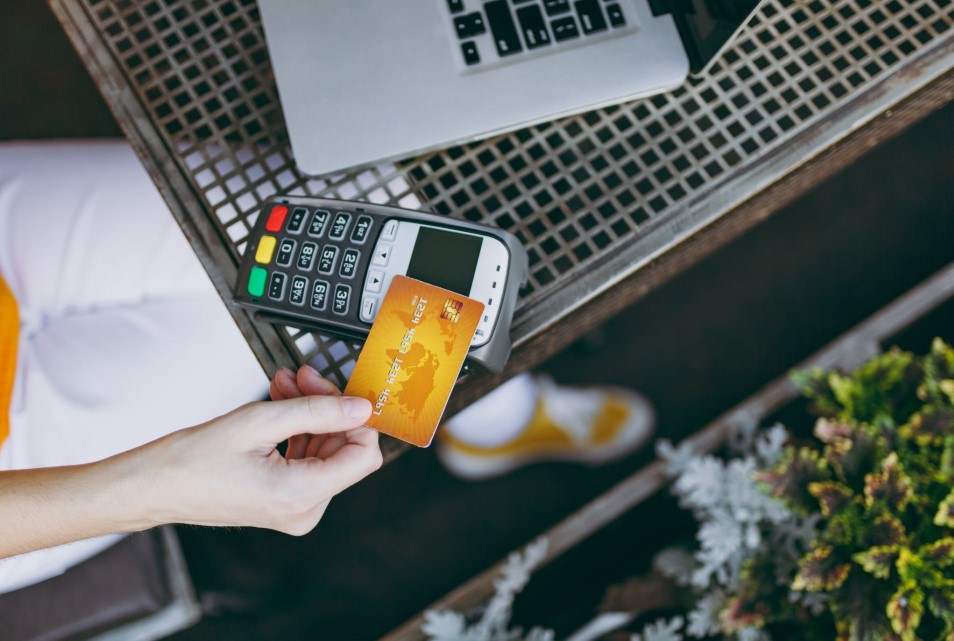
The key to unlocking global commerce is local. How many times have you heard or read that statement? We’ve reached a point where it’s borderline cliché, but that doesn’t mean it isn’t true.
In a global marketplace, you need to make sure your transactions can happen instantly, at any time and in any place. This article explores how the acquiring process works on all levels, what needs to be unlocked for global commerce and why acquiring is an essential part of developing your business.
Understanding the acquiring process
Before we discuss local acquiring, let’s first review card acquiring. When a consumer uses their credit card, they are obtaining a short-term loan from their financial institution or issuing bank. Merchants or companies that sell a product or service to consumers have a contract with a financial institution or acquiring bank, which makes sure they are selling a legitimate product in a legal and financially stable manner. As soon as the acquiring bank has received the customer’s credit card information, it contacts the issuing bank to verify that the customer has the funds. Having received the okay from the issuing bank, a merchant can now confidently provide services or products to the customer.
It is important for the acquiring bank to have trust in the issuing bank – an okay from each side means a lot. This is because they complement each other: the issuing bank runs the consumer’s credit checks, and the acquiring bank runs the merchant’s risk and underwriting. So local acquiring means that the issuing bank and the acquiring bank are both located within the same country or region.
The benefits of local acquiring
Your company can successfully process more transactions by implementing local acquiring – here are a few ways this can help:
It increases international transactions
International transactions carry a higher fraud risk, and they’re likely to be flagged or rejected by a bank. Your authorisation rate will be improved if your transactions are processed through a local bank.
Gets rid of cross-border fees
Since the issuing bank and acquiring bank are from the same region, the issuing bank does not bear any FX risk, and the consumer does not incur any cross-border fees.
More sales conversions
When your customers are ready to buy, you’re going to have more conversions when the issuing and acquiring banks have enough trust in each other. When you use local acquiring and local payment types and currencies, you can increase sales and avoid additional fees as your customers are paying in the same currency your bank pays you in.
A better customer experience
Some issuers charge their customers when they use their cards overseas or when their payments are routed through overseas acquirers. Foreign transaction fees are known as “FTFs,” and they usually cost between 1% and 3% of the value of the transaction. Working with local acquirers will improve the experience for your customers by eliminating this additional cost. Customers are more likely to be loyal to the store as a result.
How to boost global commerce with local acquiring
When businesses grow and become more reliant on international sales, local acquiring becomes more profitable. And when you’re processing hundreds of thousands of transactions a month, every small fee adds up quickly.
Make sure that your online payments provider has relationships with high-quality banks in the countries you operate in – or hope to operate in soon. At Trust Payments, we have an EU acquiring bank and relationships with over 50 banking partners all over the world, so you can make sure you never miss a payment from any of your international customers. Learn more about our acquiring solution here.
Depending on the region, the right payments partner can help you offer local cards and local payment methods as well as international cards and digital wallets. Moreover, by leveraging smart analytics data, you’ll be able to easily compare all your payment KPIs and spot risks in a single dashboard which will help you take immediate action if needed.
Lastly, the right payments provider will take fraud prevention and compliance seriously and make the process simple for you. In addition to the higher likelihood of fraud associated with cross-border transactions, you’ll also need to ensure your data is protected as you enter different geographies – again, the right payments provider can solve that headache too.





